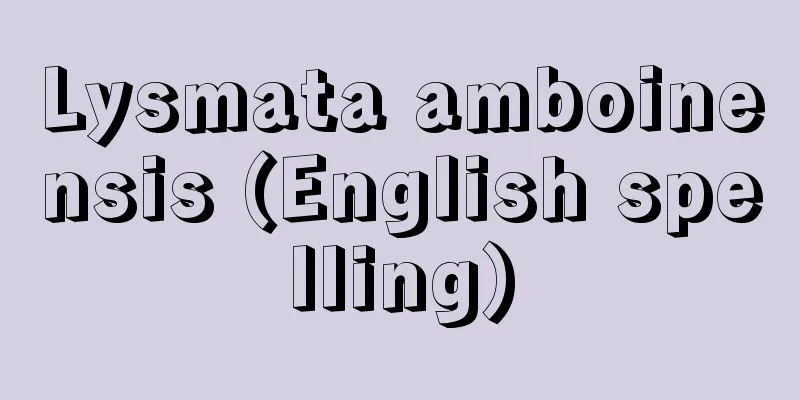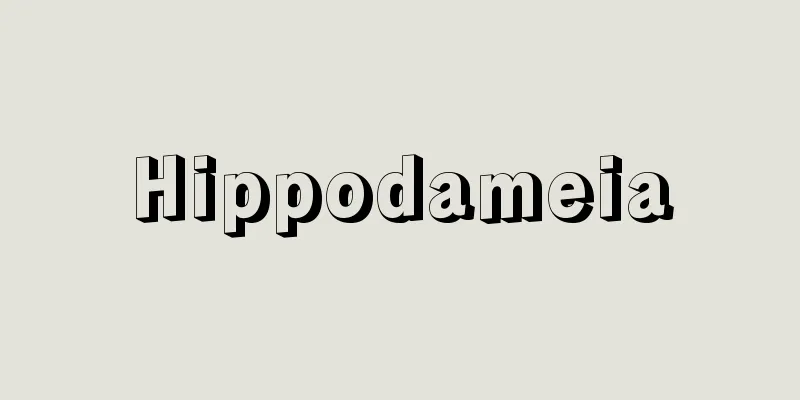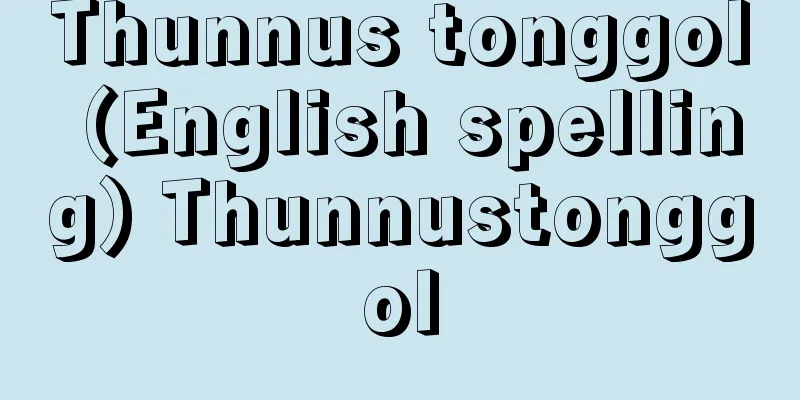Pyotr Yakovlevich Chaadaev

|
Russian thinker. Author of Philosophical Letters. Born in Moscow as the grandson of the famous historian Prince Mikhail Mikhailovich Shcherbatov (1733-1790). Lost his parents at a young age and was raised by his maternal aunt. Studied at Moscow University from 1808 to 1811, and immediately after graduating he participated in the Patriotic War (Napoleonic Wars). After returning home in 1816, he joined the Decembrist "Welfare League" and "Northern Society", but was not active in them. In the spring of 1821, he suddenly left the military and devoted himself to the study of philosophy. From July 1823 to June 1826, he traveled around Western Europe, visiting the respected philosopher Schelling in Karlsbad (Karlovy Vary, Czech Republic). He returned to Russia after the Decembrist uprising and only received severe interrogation, but many of his friends had participated in the uprising and were either executed or forced to work in Siberia. Between 1829 and 1831, he wrote eight volumes of "Philosophical Letters" in French, the first of which was translated into Russian and published in the 15th issue of the magazine "Telescope" in 1836. In this essay, Chaadaev sharply rejected the entire history and future of Russia, which divided Russian opinion into two camps, eventually giving rise to the Slavophile and the Westernist camps. Meanwhile, after reading the essay, Tsar Nicholas I officially declared Chaadaev a "madman." After this, he was banned from writing anything, but from the winter of 1836 to the spring of the following year, he secretly wrote an essay called "Apology of a Madman," in which he argued that Russia's later appearance in history than Europe was a favorable condition for avoiding repeating the mistakes of Europe. He also wrote secret appeals to the people to rise up in revolt during the 1848 Revolution, and criticized narrow-minded patriotism during the Crimean War. [Tsuguo Tonokawa] [References] |Source: Shogakukan Encyclopedia Nipponica About Encyclopedia Nipponica Information | Legend |
|
ロシアの思想家。『哲学書簡』の作者。有名な歴史家シチェルバートフMikhail Mikhailovich Shcherbatov(1733―1790)公の孫としてモスクワに生まれる。幼くして両親と死別し、母方の伯母に育てられた。1808~1811年モスクワ大学に学び、卒業するやただちに祖国戦争(ナポレオン戦争)に参加し、1816年帰還後、デカブリストの「福祉同盟」と「北方結社」に加入したが、積極的活動はしなかった。1821年春、突如軍籍を退き、哲学の勉強に没頭した。1823年7月から1826年6月まで西ヨーロッパ各地を歴遊し、カールスバート(チェコのカルロビ・バリ)では尊敬する哲学者シェリングを訪問した。デカブリストの蜂起(ほうき)のあとに帰国したため、厳しい取調べを受けただけに終わったが、少なからぬ友人が蜂起に参加したため処刑されたり、シベリア苦役となった。 1829年から1831年にかけて、8編からなる『哲学書簡』をフランス語で書き上げたが、この第1編がロシア語訳されて、1836年雑誌『テレスコープ』の第15号に掲載された。チャアダーエフはこの論文で、ロシアの全歴史と未来を痛烈に否定したところから、この論文の評価をめぐってロシアの言論界は二分し、やがてスラブ派と西欧派が生まれることになる。一方この論文を読んだ皇帝ニコライ1世は、チャアダーエフに対し公式に「狂人」の宣告を下した。これ以後、彼はいっさいの執筆を禁止されたが、1836年冬から翌1837年春にかけて、ひそかに『狂人の弁明』なる論文を書き、そのなかで、ロシアがヨーロッパよりも遅れて歴史に登場したのは、ヨーロッパの過ちを繰り返さずにすむ恵まれた条件であると主張した。また「一八四八年の革命」のときには秘密裏に人民に蜂起を呼びかけるアピールを書いたり、クリミア戦争のときには偏狭な愛国心を批判したりした。 [外川継男] [参照項目] |出典 小学館 日本大百科全書(ニッポニカ)日本大百科全書(ニッポニカ)について 情報 | 凡例 |
Recommend
Wuzhou - Goshu
A prefecture-level city in the eastern end of the...
Dipodidae
…A general term for mammals of the Dipodidae fami...
Home Economics Education - Home Economics Education
One of the subjects taught in school education. H...
tjanting
...The designs vary depending on the region in wh...
Leblond, AJB (English spelling) LeblondAJB
...After that, pontoon bridges and pontoon bridge...
Windows98 - Windows 98 (English)
An operating system for personal computers release...
Wright effect
...As a result, in small populations, one of the ...
Mr. Miyoshi
A clan known as a scholar in ancient and medieval...
Theory of the correlation between heaven and man (English: Tian-ren-xiangguan-shuo)
A term in Chinese thought. Also known as the theor...
Role playing
...Large companies began to integrate employee ed...
Hard Times - Kurara
〘Noun〙① A perennial plant of the legume family. It...
Rokuyo - Rikunyo
A Chinese poet of the mid-Edo period. His given n...
Speed sprayer - Speed sprayer (English spelling)
This is a mobile pest control machine for fruit t...
Liv - Liv (English spelling) Líf
The ancestor of humans who appears in Norse mytho...
Iron sulfide - Iron sulfide
A sulfide ore of iron. In Japan, pyrite (FeS 2 ) ...









